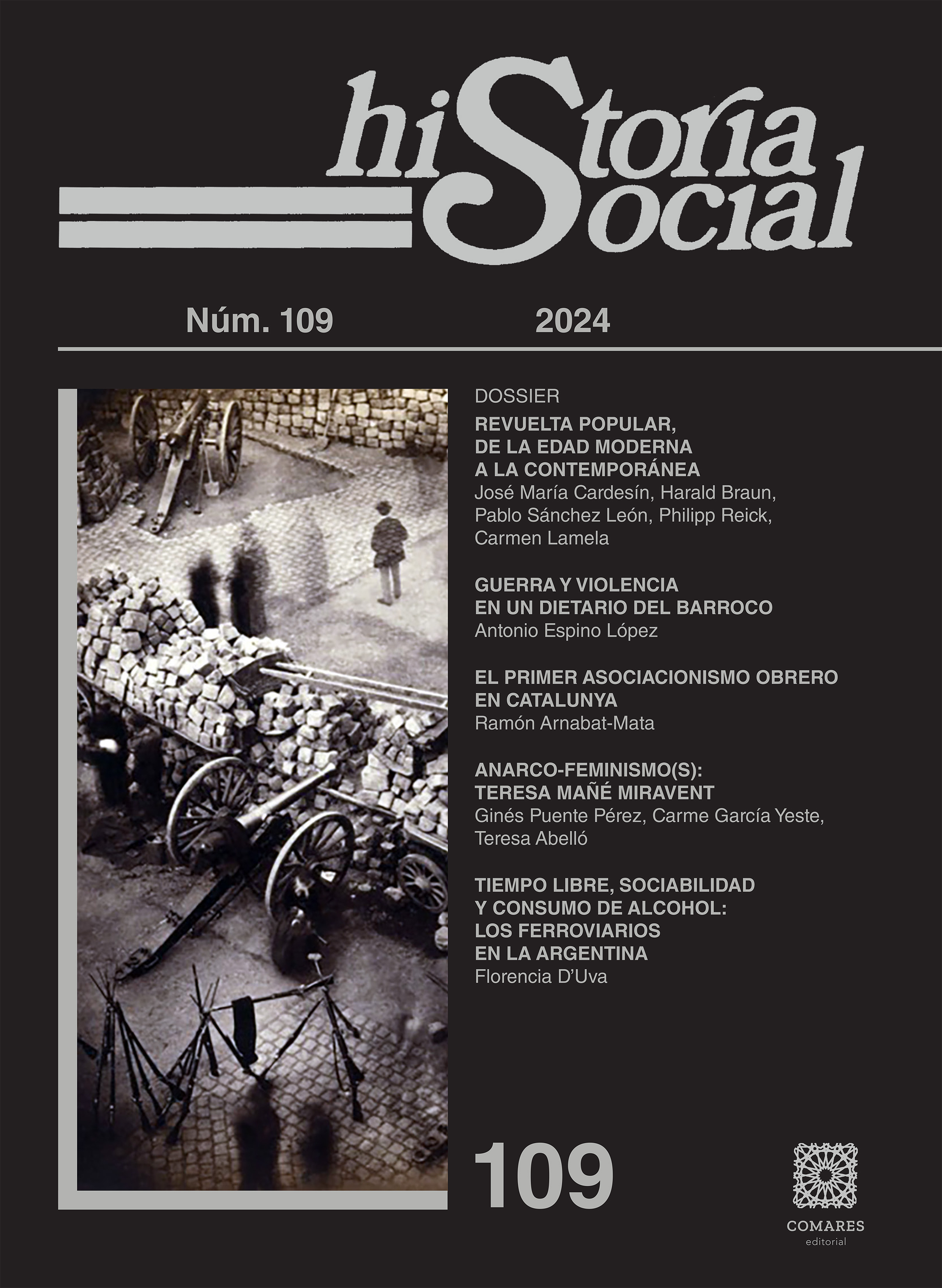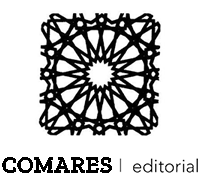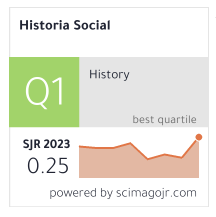Urban Revolt in Colonial Mexico and Imperial Germany: the Absent Monarch as Arbiter
Keywords:
Absent monarch, urban collective violence, sovereign void, Spanish Monarchy, Holy Roman EmpireAbstract
This article explores a specific aspect of the dynamic of urban collective violence in early modernity: the role and perception of the absent monarch. A relative lack of centripetal power —or sovereign void— was inherent to medieval monarchy. The still personal nature of kingship and the often altogether limited reach of monarchical authority ensured that sovereign void remained a constant of governance well into the early modern period. The absent monarch was a common manifestation of sovereign void that presented distinct challenges and opportunities to monarchical authority faced with outbreaks of popular violence. We will substantiate this problem through two case studies: the Riot of Mexico (1624) and the Fettmilchaufstand (Frankfurt am Main, 1612-1616).








